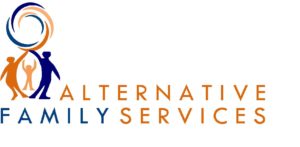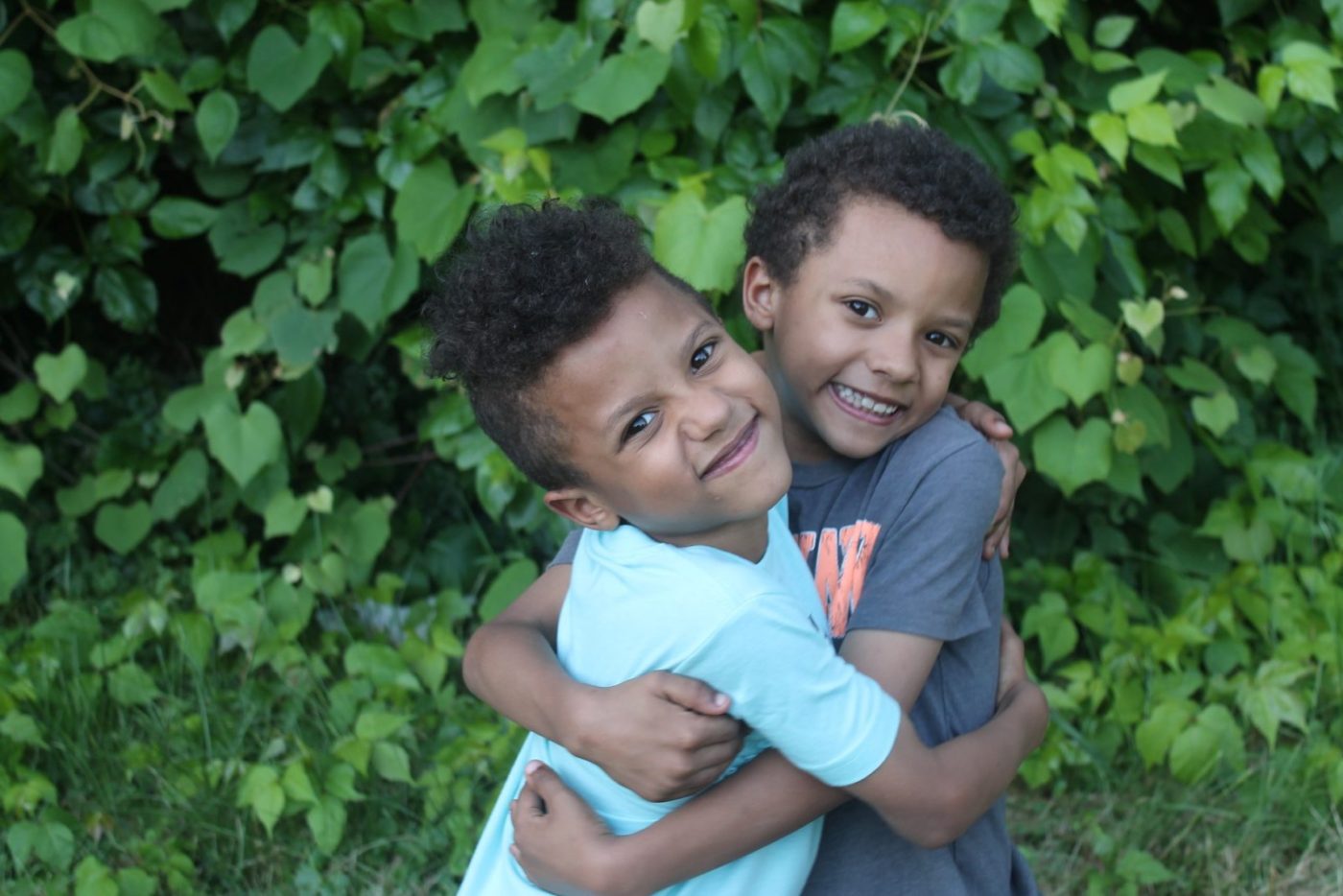Adopting Siblings from Foster Care: What You Should Know
Want to grow your family by adopting siblings? For many adoptive parents in the United States, adopting a sibling group from foster care is ideal for a wide variety of reasons. If you’re interested in going down this route, then here’s what you should know.

For many adoptive parents in the United States, adopting a sibling group from foster care is ideal for a wide variety of reasons.
How Many Children in Foster Care Have Siblings?
A great many foster youth have at least one biological sibling. According to statistics cited by the National Center for Youth Law, more than 50% of all foster kids have one or more siblings. According to other estimates, around two-thirds of youth in foster care have at least one brother or sister.
Unfortunately, many siblings can end up separated during the foster care process. Over a third of all foster youth that have at least one brother or sister find themselves in a different foster home placement than their sibling at some point. The National Center for Youth Law noted that this can occur for a variety of reasons, included caseworkers not being aware that a sibling was placed earlier in a different home, concerns about housing fit for some of the siblings, and a desire among some Resource Parents to not take in siblings.
“When we enter foster care we lose everything…our moms, our dads, where we lived. Everything is just so unfamiliar. To have your sibling there is what you need in order to move on, or to move forward in life, in foster care,” says Noy, who first entered foster care at age three.
Why It’s Beneficial to Adopt Siblings from Foster Care
There are benefits to adopting siblings from foster care. For starters, it’s more affordable than international adoptions. As one fost-adopt mother noted in a post published by the National Foster Youth Institute, adopting a child or children from outside the U.S. can easily cost up to $40,000. Adoptions from foster care, however, typically have minimal or no costs. There is a great need for forever homes for foster youth too, with tens of thousands of kids and teenagers waiting for a permanent family each year. The process to adopt from foster care may be less restrictive than going through a private agency.
The National Center for Youth law notes that siblings may be a key source of support and strength for one another, as a sibling can often feel like the only one who really knows what a fost-adopt went through and is currently processing. Many older siblings serve as de facto parents to younger sisters and brothers.
“My father lost touch with his siblings at an early age. It created an anger that tore him up inside. I adopted siblings to ensure that at least one set of children did not spend their lives wondering about their brothers,” said fost-adopt mother Janet Kerin.
Plus, certain rules for placements are different when siblings are involved. For instance, while California has rules in place regarding who can sleep in a bedroom used by a child in foster care, the regulations may allow siblings to share a room.
Working with The Birth Family When Adopting a Child from Foster Care
There are key points that potential fost-adopt parents should consider when looking into adopting siblings. Before adopting from foster care, parents should be mindful of both the relationship siblings have with one another and other biological relatives.
For starters, the National Center for Youth Law noted that not all siblings have uniformly positive relationships with each other. Brothers and sisters often fight and disagree with each other. Others may have complicated feelings about their siblings, especially if they command more attention from friends, family and caregivers. This doesn’t mean they should be placed separately, just that potential parents should be mindful of how siblings are relating, acting and behaving with each other.
While The National Center for Youth Law notes that California “will terminate parental rights, unless it finds a compelling reason for determining that termination would be detrimental to the child”, adoptive parents and their caseworkers may find it advantageous and therapeutic for the adopted youth to connect with biological relatives. As noted, siblings can be separated, and sometimes even social workers may not know about any brothers or sisters the foster youth may have.
When possible, it is often beneficial for fost-adopt parents to consider taking in all known siblings, and to take the steps to reunite brothers and sisters if the need arises. Adopting siblings from foster care typically is the best outcome for both foster youth, adoptive families and affected communities.
“When we split up foster children from their brothers and sisters, we are taking away the only connection they still have to the people they love. The pain literally drives children crazy,” said Gordon Johnson of the Jane Addams Hull House Association.
About AFS
Alternative Family Services (AFS) provides thoughtful, informed foster care, adoption and mental health services throughout California’s San Francisco Bay Area and Greater Sacramento region. Since 1978, the mission of AFS has been – and continues to be – to support vulnerable children and families in need of stability, safety and well-being in communities through foster care, adoption and mental health services.

